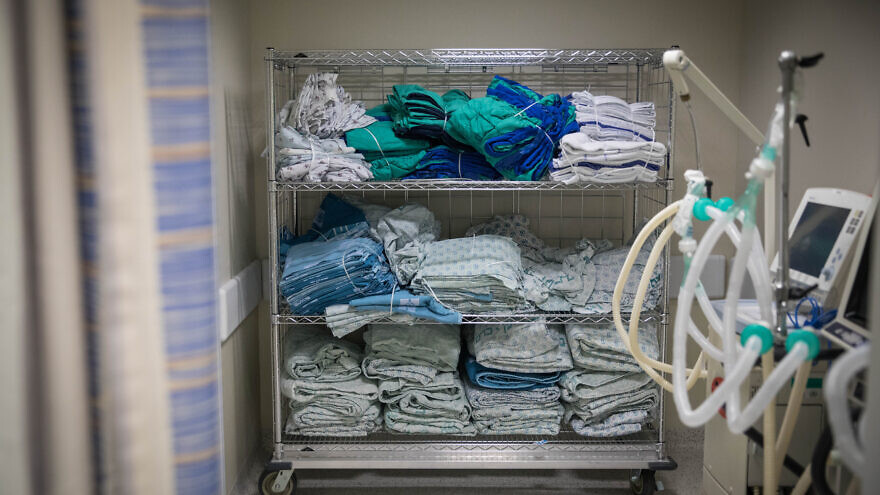The Jerusalem College of Technology (JCT) announced that the Israeli Council for Higher Education has approved plans to open Israel’s first English-language Master of Science in Nursing (MSN) degree, which will expand upon the success of JCT’s top-ranked Bachelor of Science in Nursing (BSN) program.
Israel’s government is supporting the initiative with the goal of offering more English-language programs that will lead to increased enrollment from international students in Israeli academic institutions.
JCT’s School of Nursing currently serves more than 1,200 students annually. It is widely recognized as one of the country’s premier undergraduate nursing programs, having received the Health Ministry’s National Prize for Excellence and ranking first among 24 nursing departments nationwide.
The new English-language MSN program, which will initially be open to women, is set to launch during the 2022-23 academic year. The master’s degree will feature the same coursework as the College’s Hebrew-language nursing program.
“New immigrants and visitors to Israel are consistently looking for high-quality programs in English; they do not want their education to involve compromises,” said Professor Freda Ganz, dean of JCT’s Faculty of Life and Health Sciences. “Given the significant demand in Israel for such programs, particularly in nursing, JCT is well-positioned to fill this need.”
JCT’s Hebrew-language MSN in Nursing Internal Medicine track was launched in October and is designed for nurses with a bachelor’s degree who work in hospital departments of internal medicine, neurology, intensive care, infectious diseases and others. The initiative marked JCT’s response to the unprecedented importance that the field of internal medicine has taken on during the coronavirus pandemic, with surging demand for specialist care to treat patients with complex illness causing the overcrowding of internal medicine wards.
Both the existing Hebrew-language nursing track and the forthcoming English-language program equip students to tackle the rising challenge of comorbidity (the simultaneous presence of two or more medical conditions) for patients who are in need of complex medical care.
The master’s program provides graduates with the knowledge and tools to make informed decisions and treat different demographic groups, both in hospitals and community clinics, amid today’s evolving environment in which nurses require a more diverse skill set.
The nursing program’s curriculum expands proficiencies in areas such as applying research and data to clinical care and decision-making; leadership; comprehensive and dynamic treatment planning for health needs; patient-centered care; pain relief and the preservation of patients’ quality of life, epidemiology and public health; and the intersection of philosophy, ethics, law and halachah (Jewish law) in the field of nursing.


























